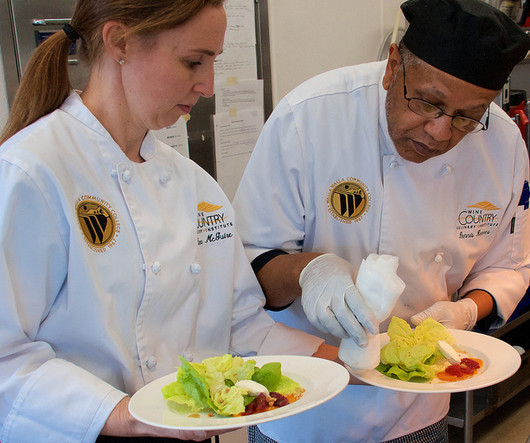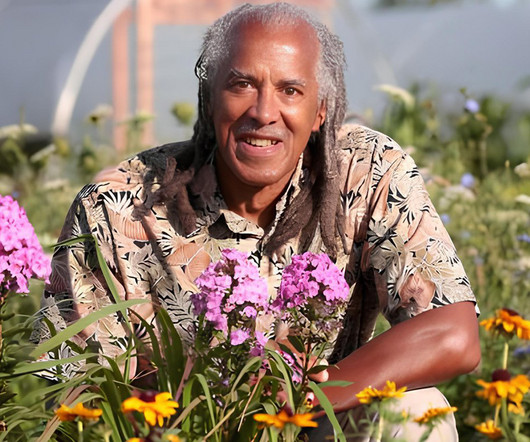Food Systems 101: How Community Colleges Are Helping Students Connect Farm to Fork
Modern Farmer
AUGUST 29, 2023
The cattle, which were artificially inseminated by students in the spring, will eventually be harvested at a USDA plant and incorporated into the fine dining menu at the college’s student-run campus restaurant, Capstone Kitchen. Red Angus cows help students learn about agroecology at Walla Walla Community College.











Let's personalize your content